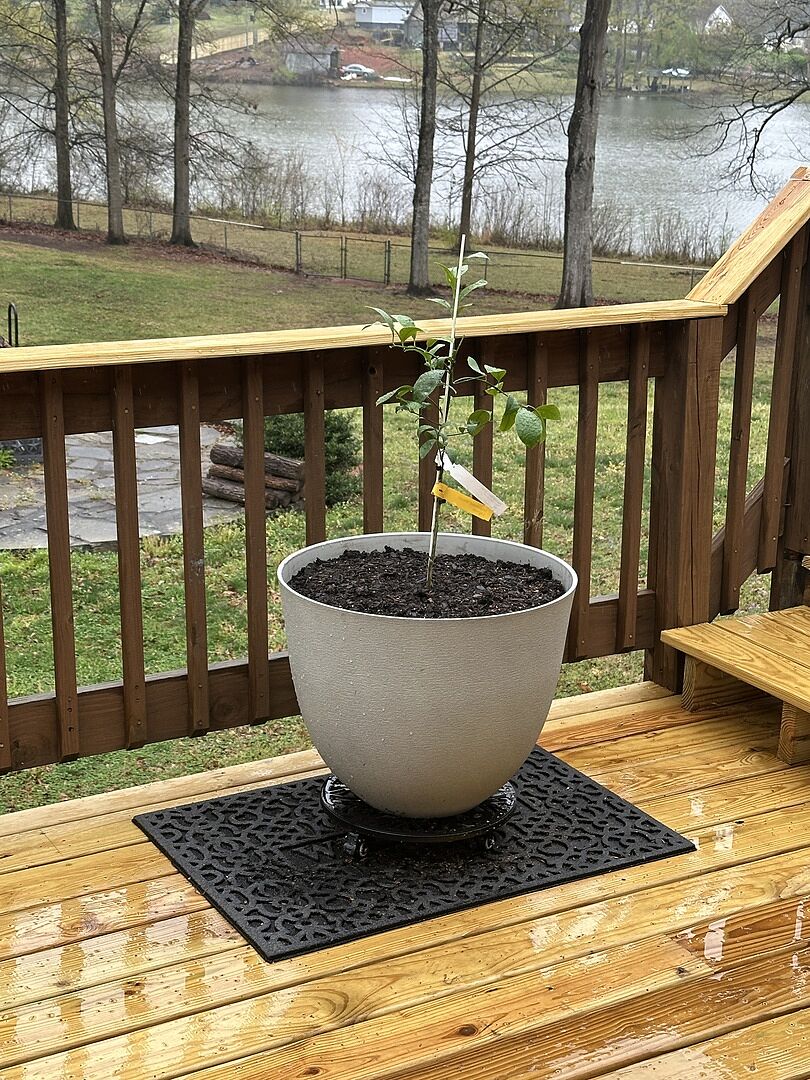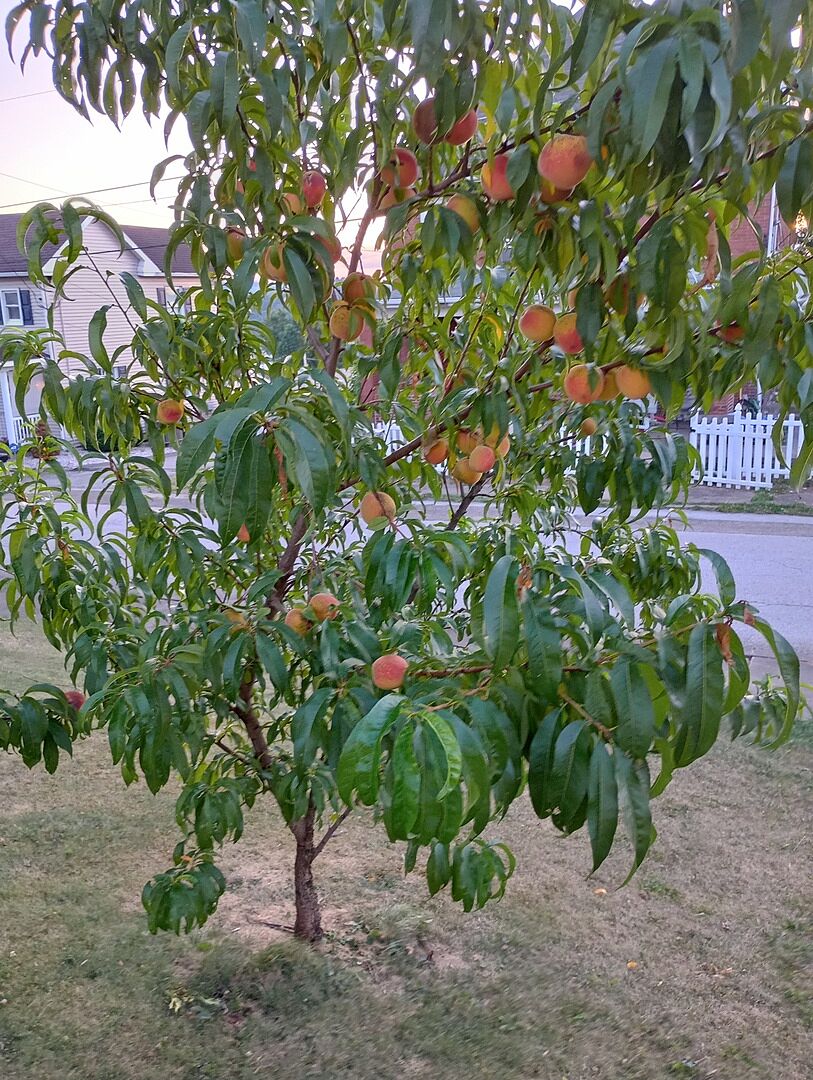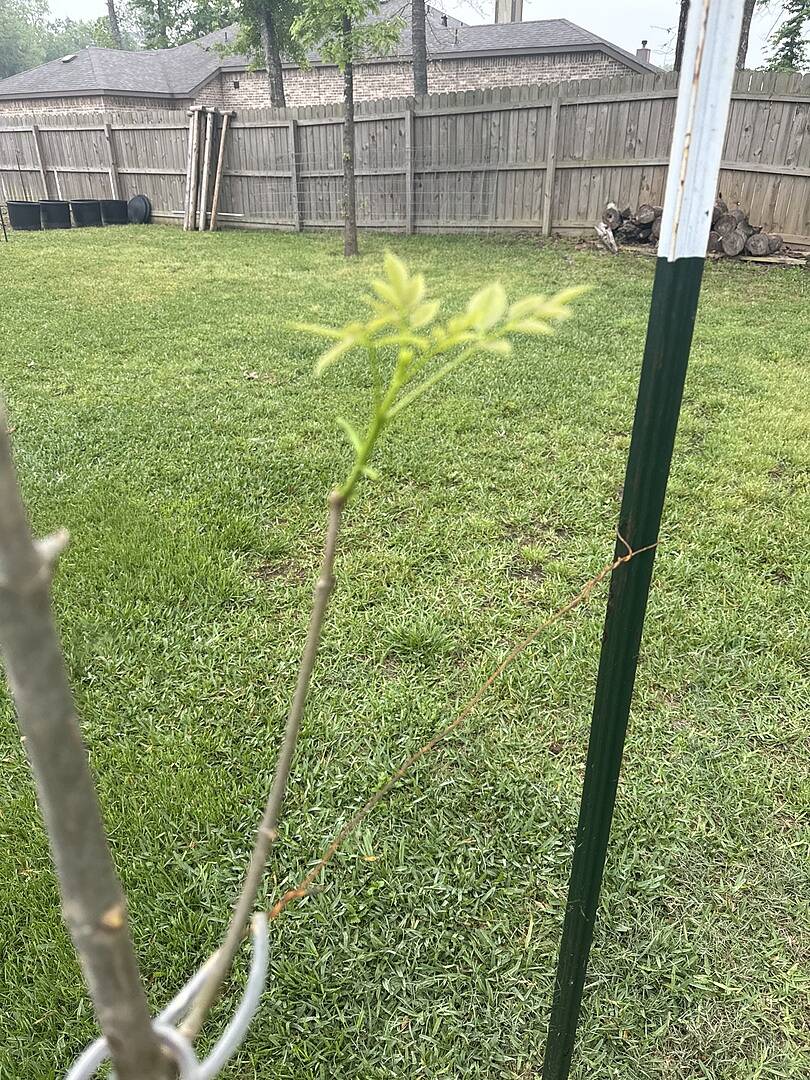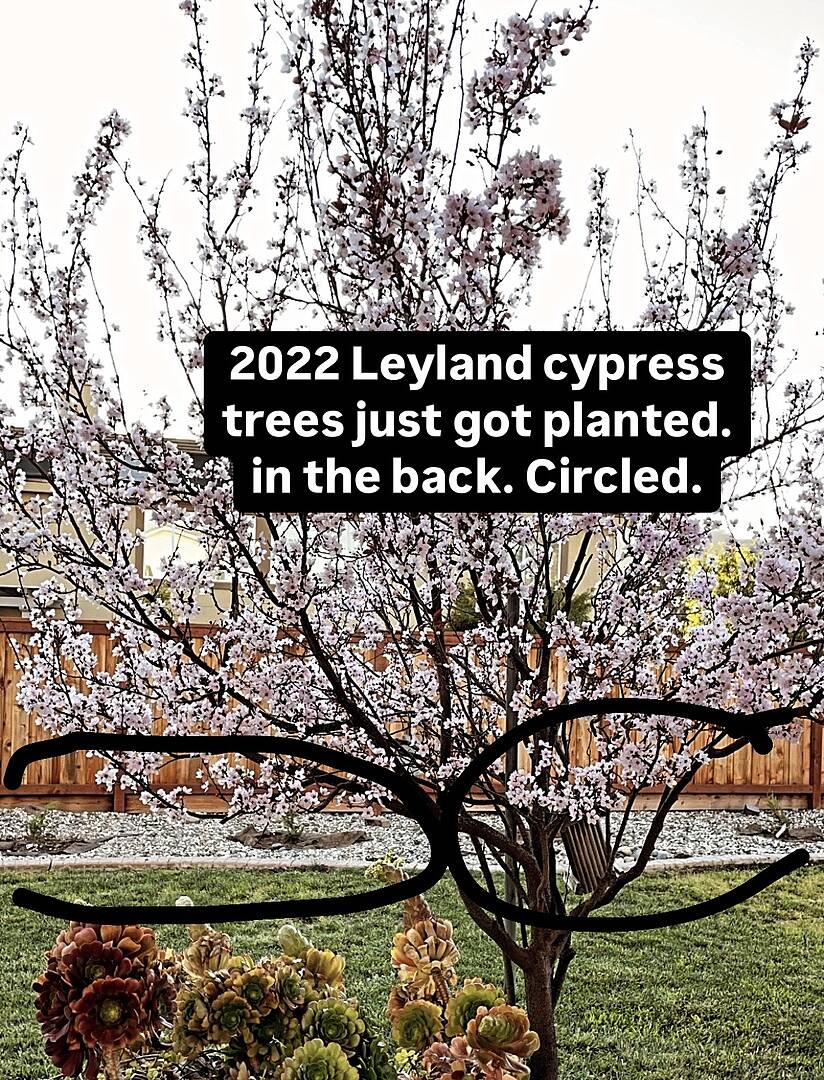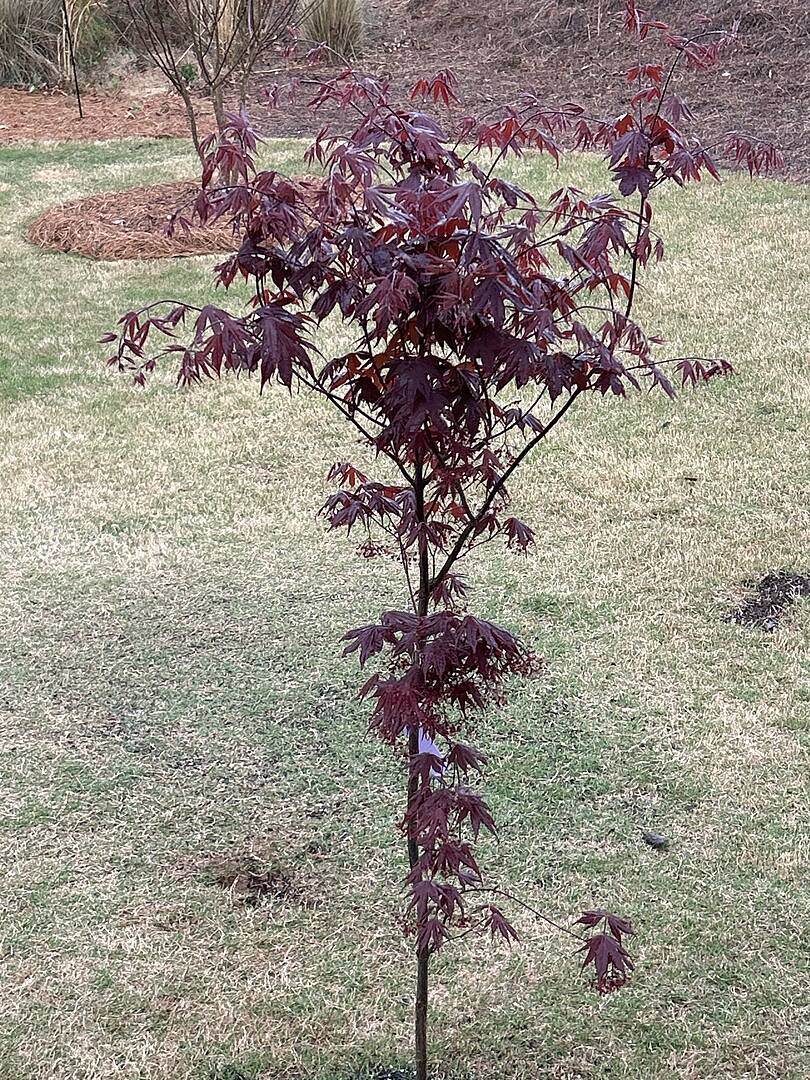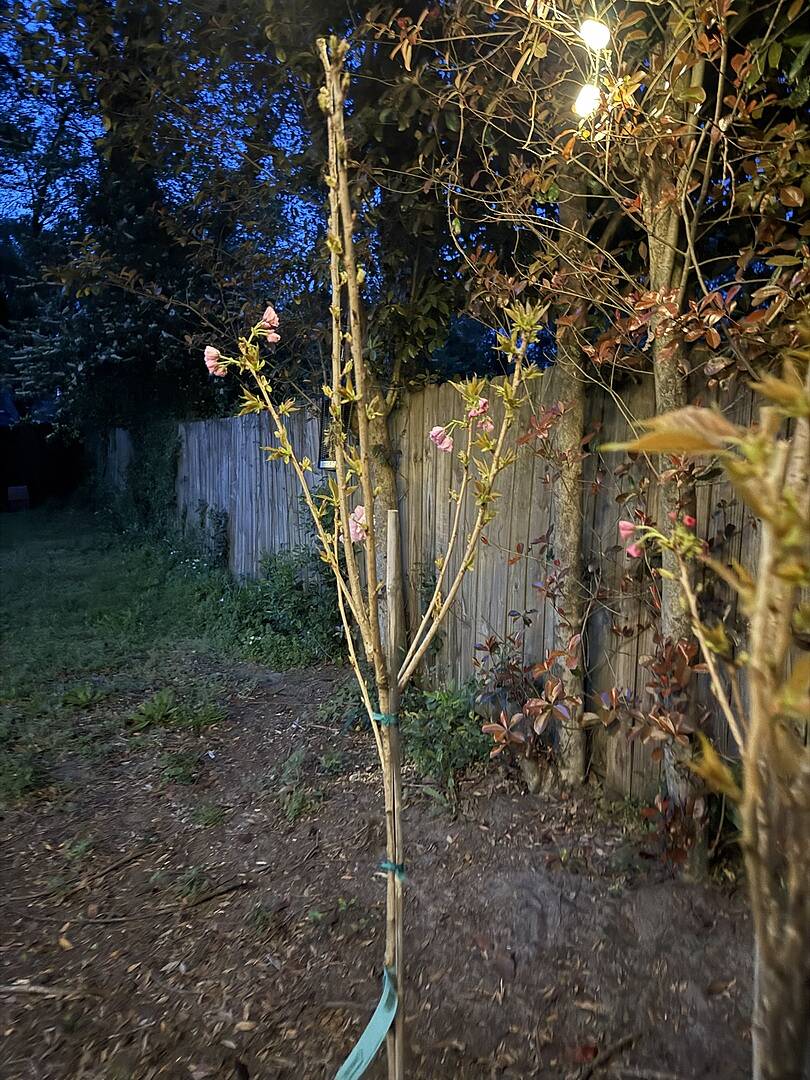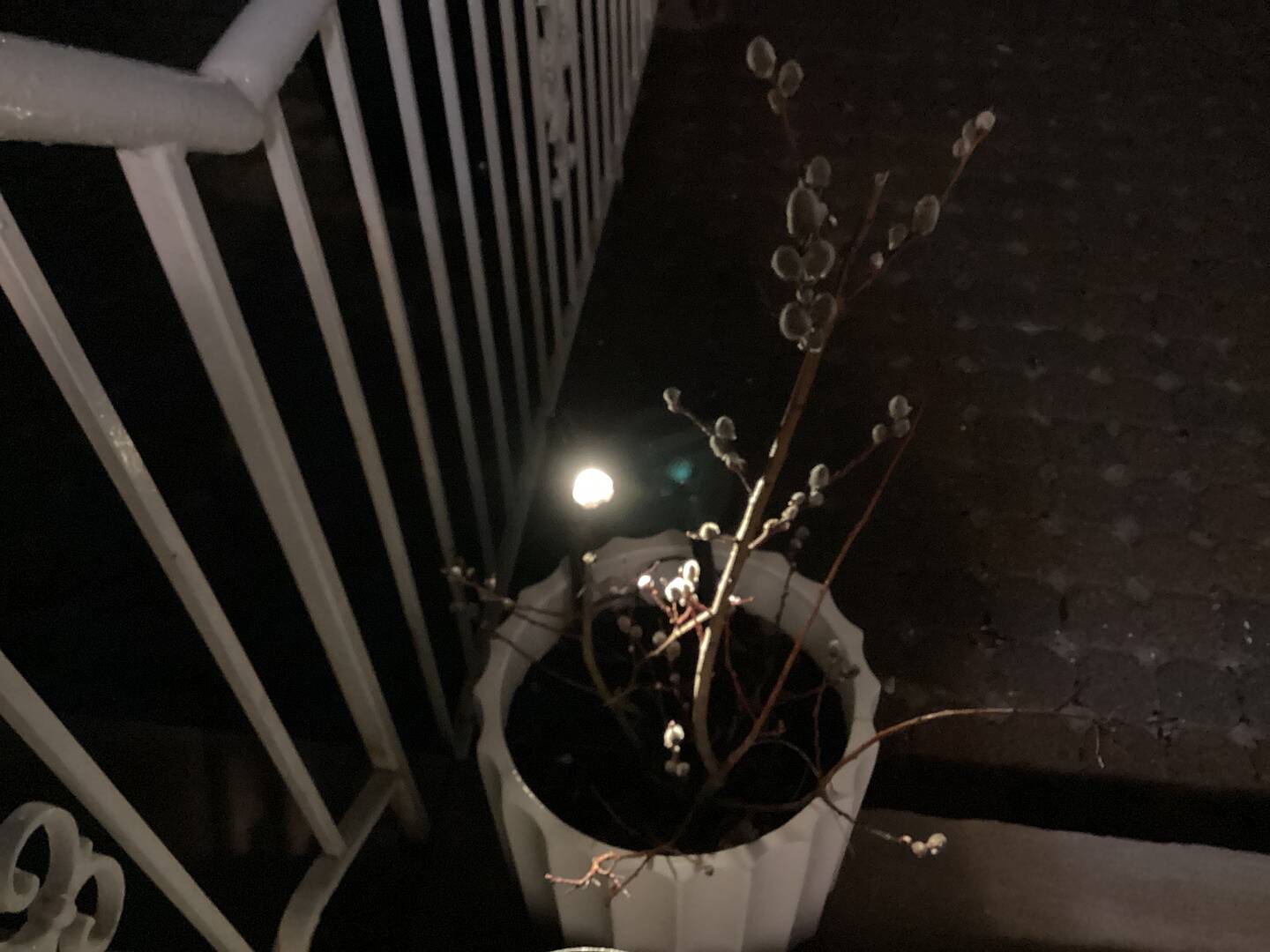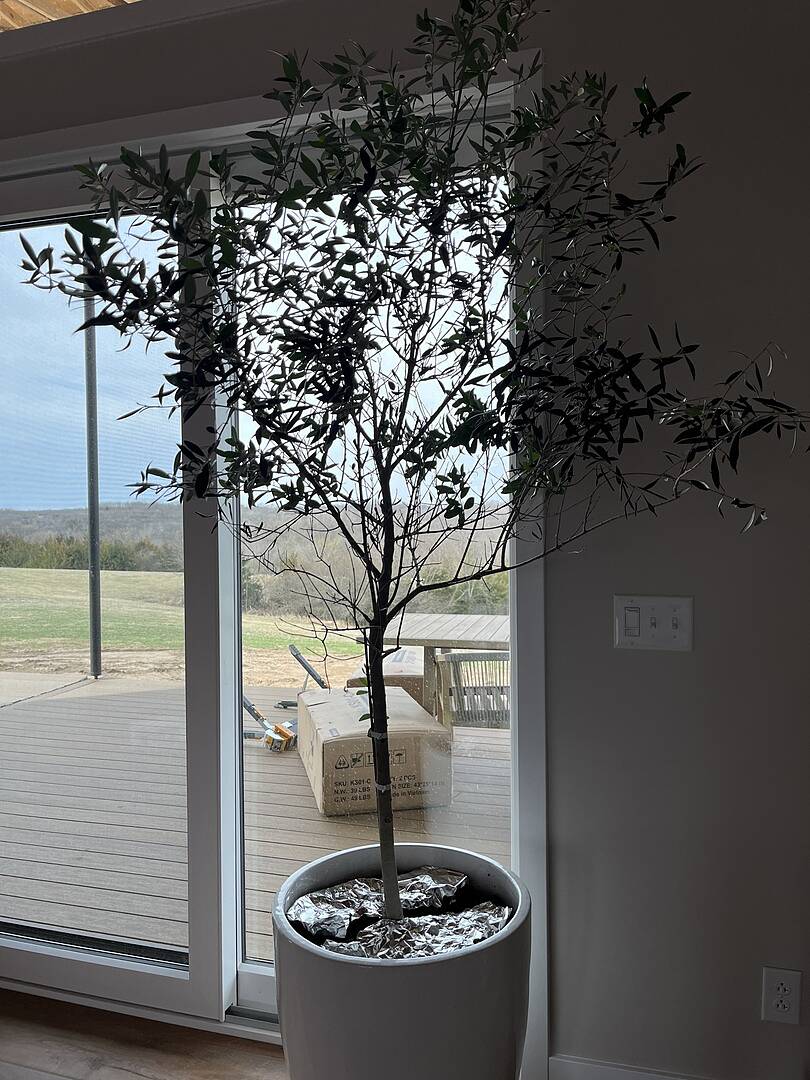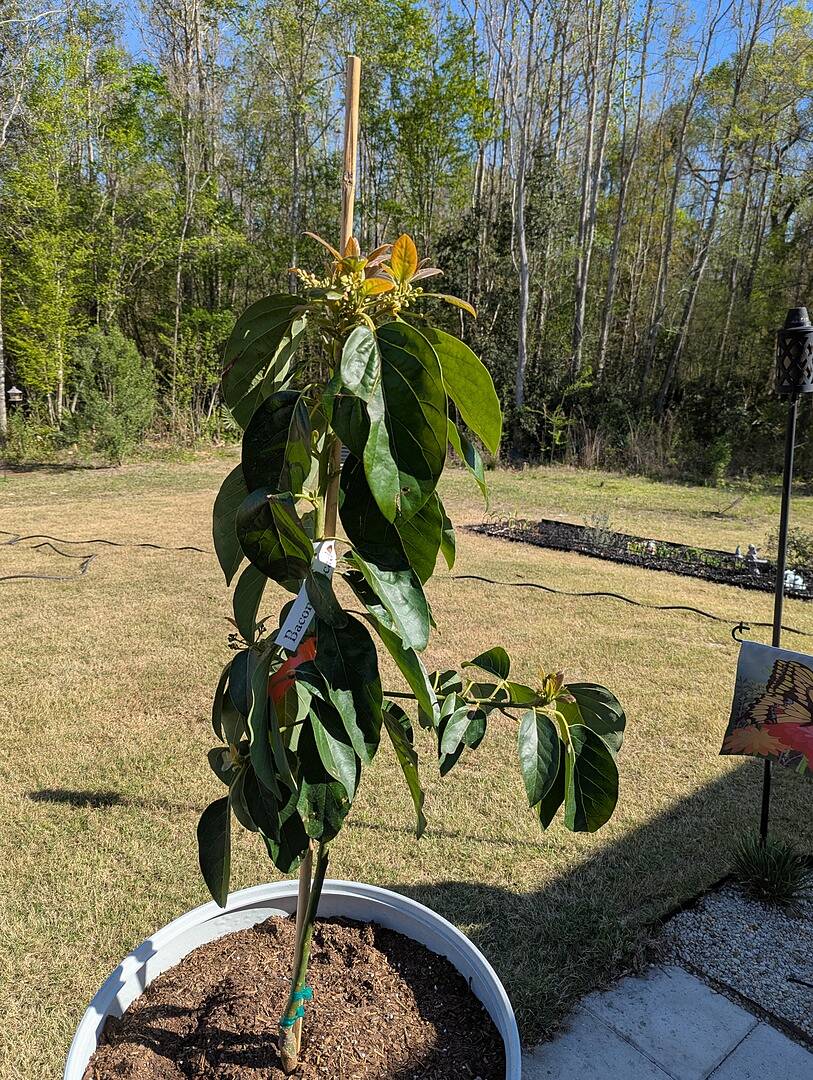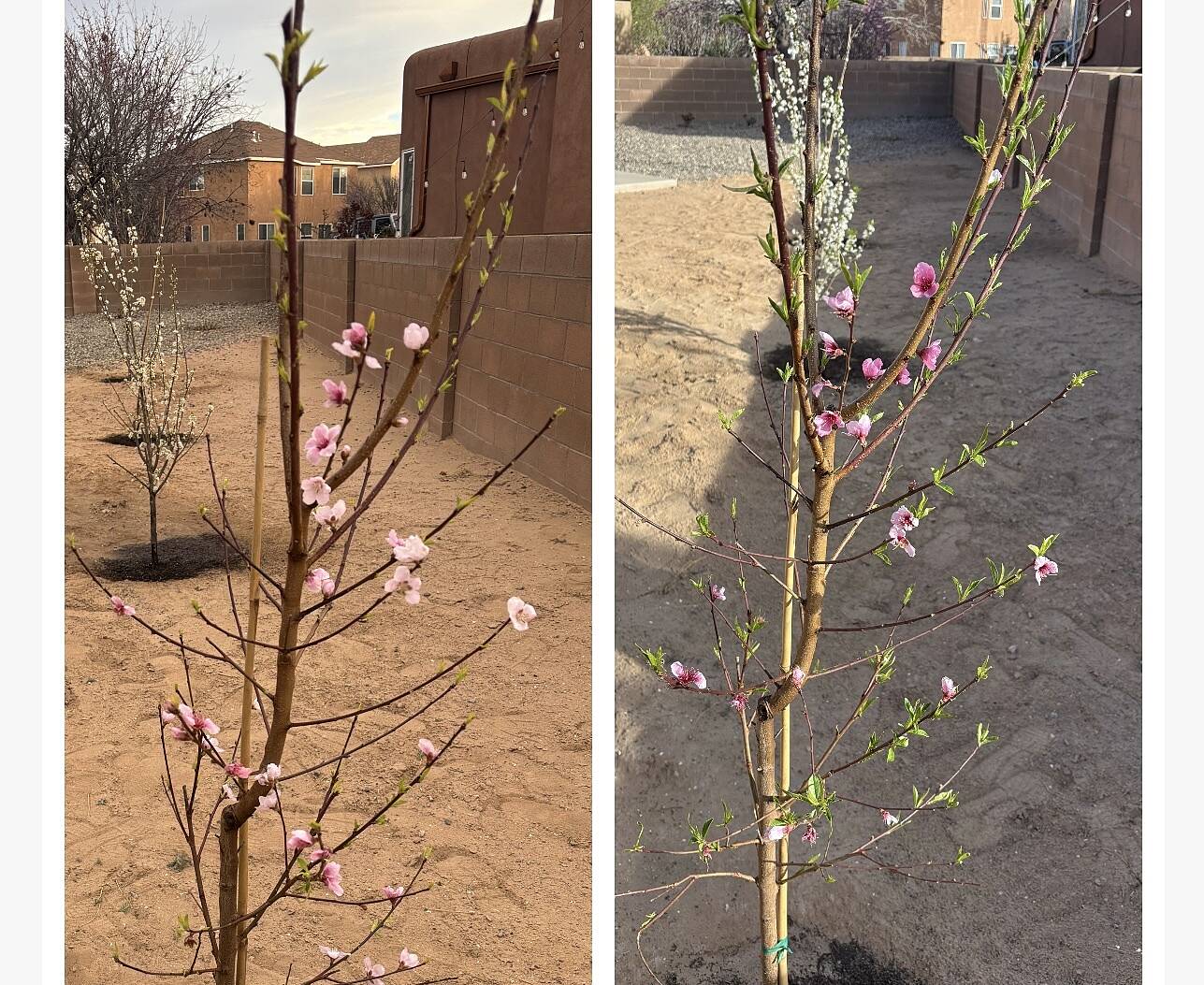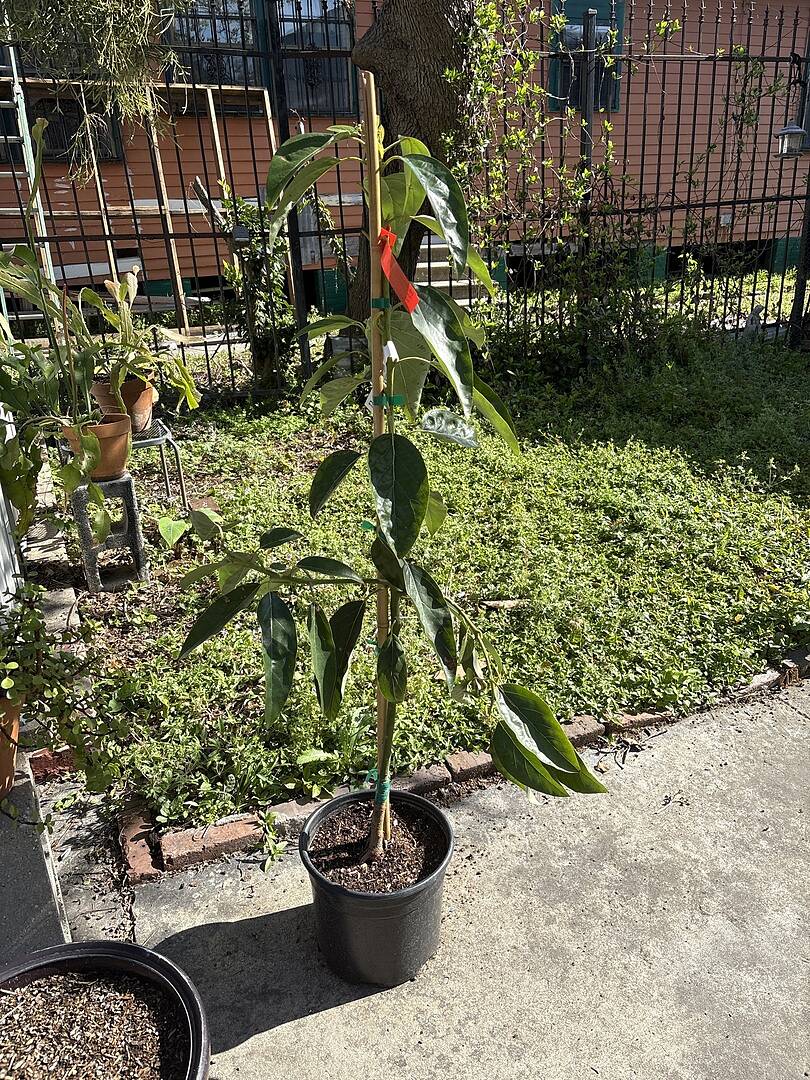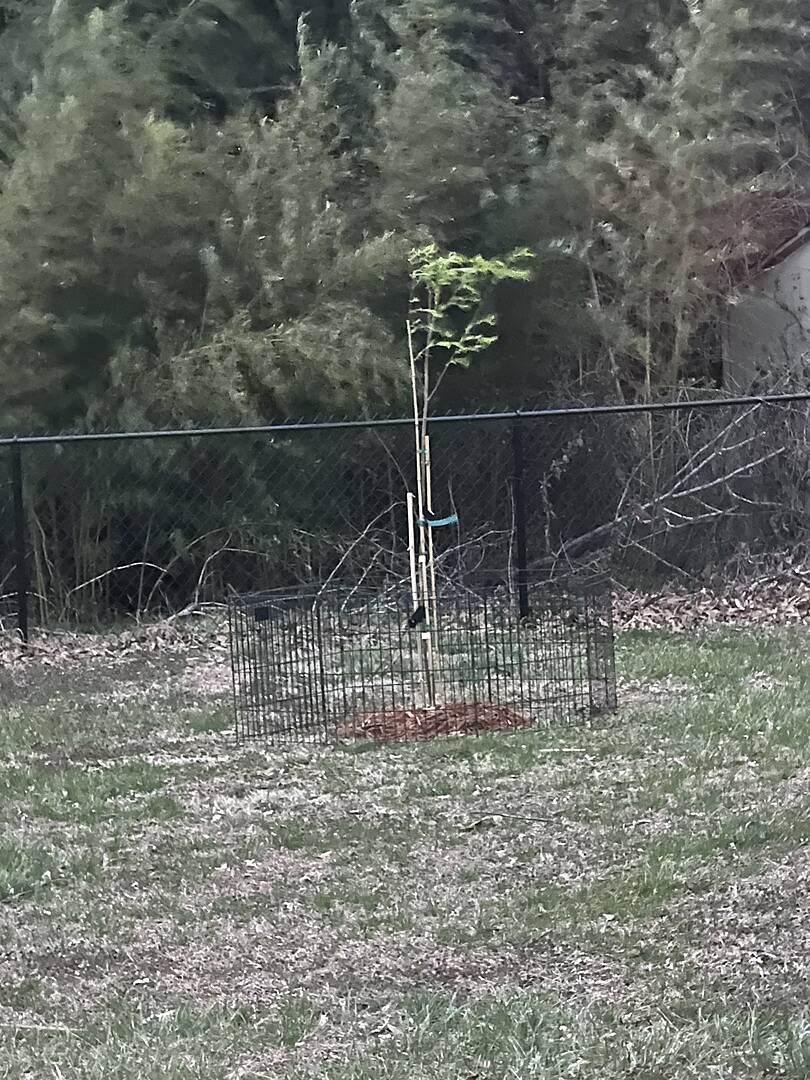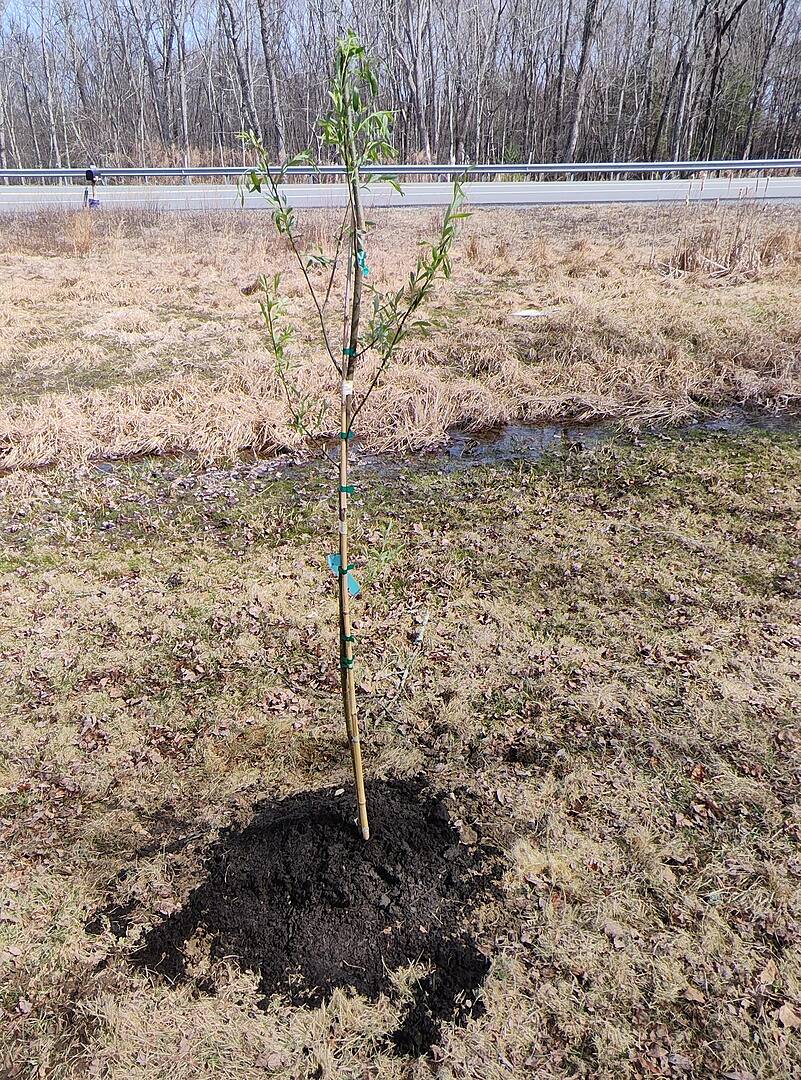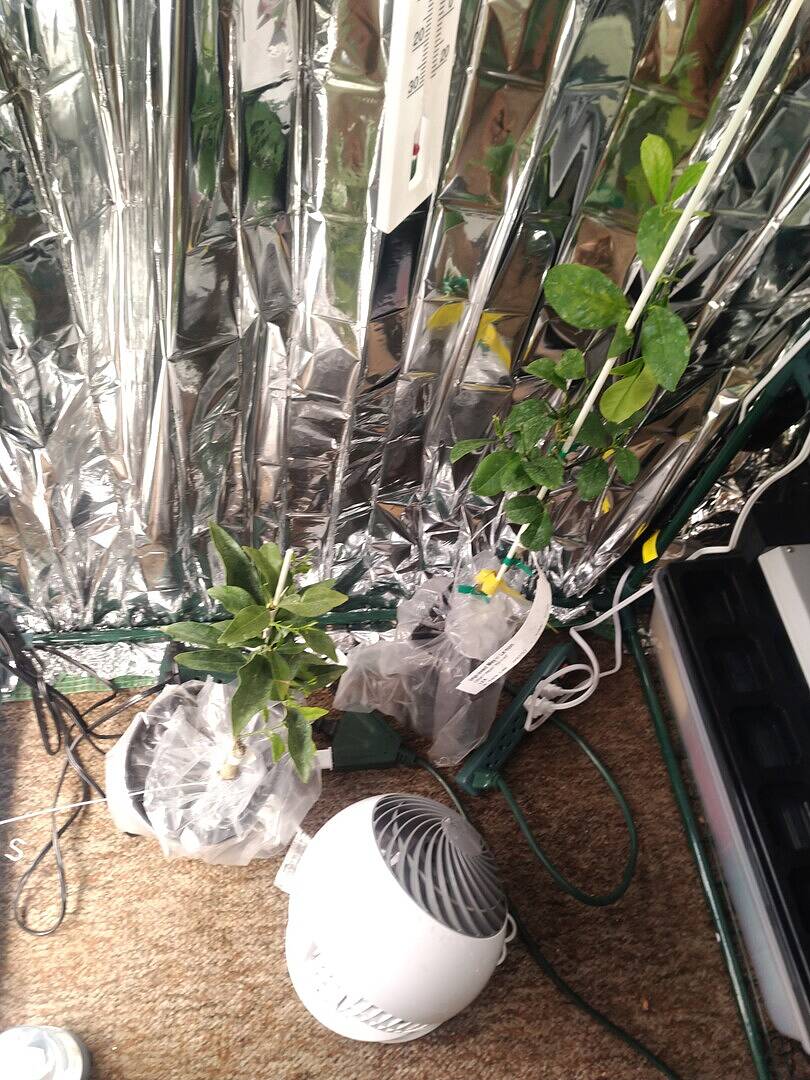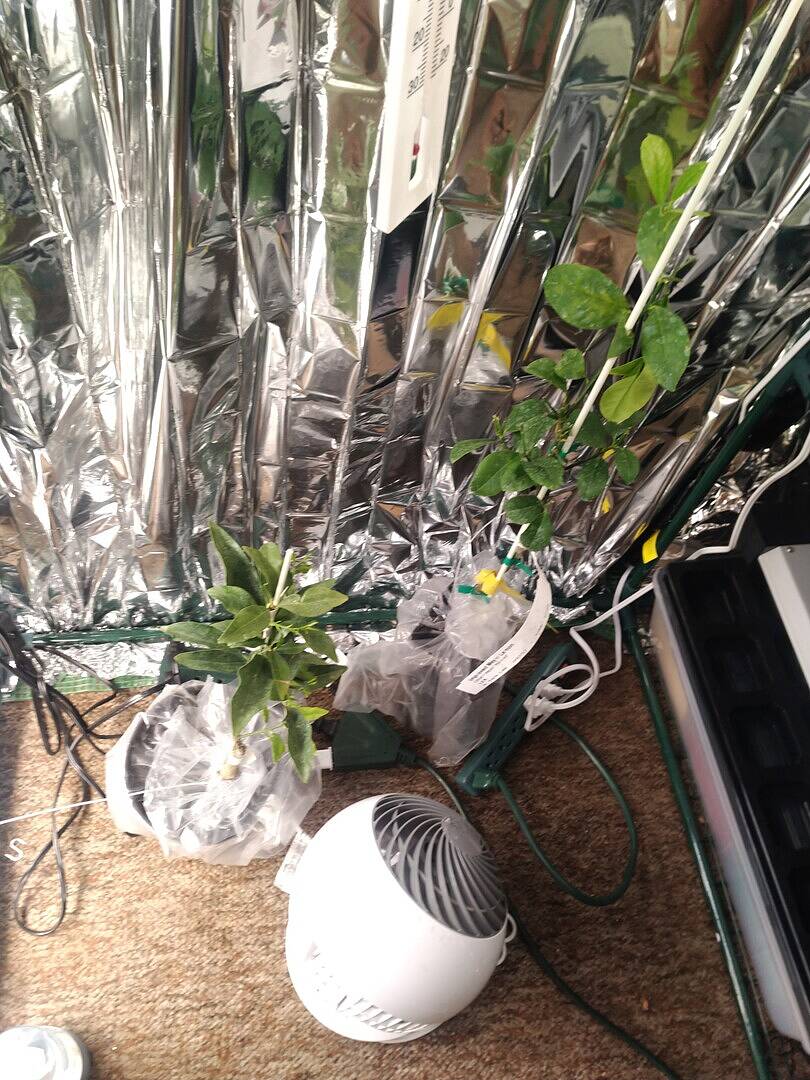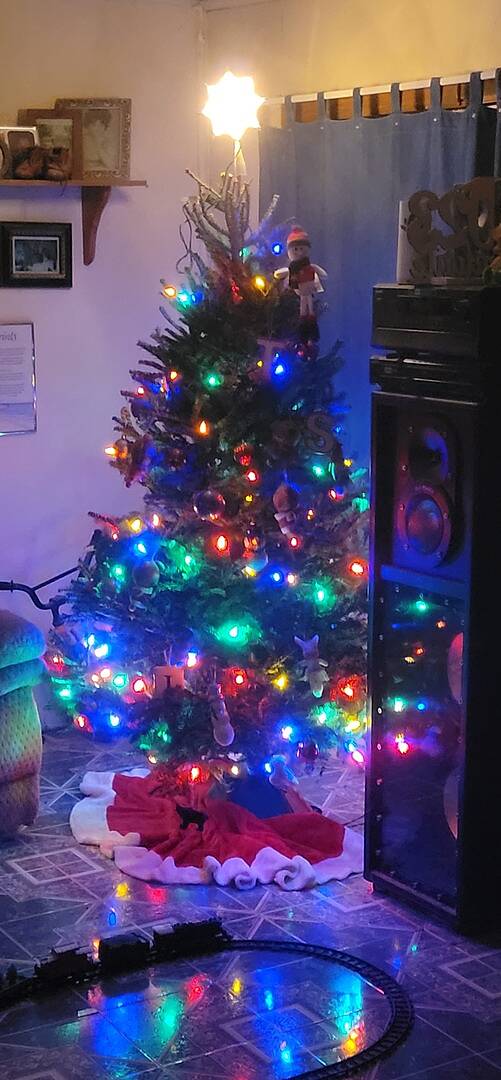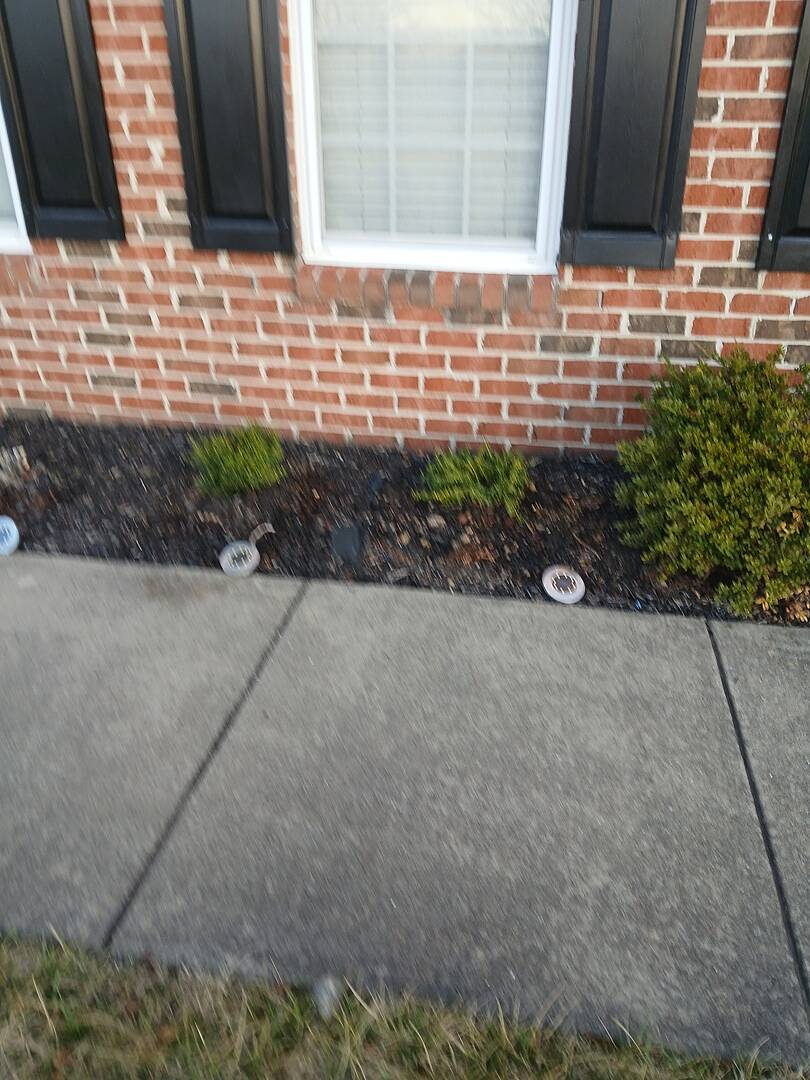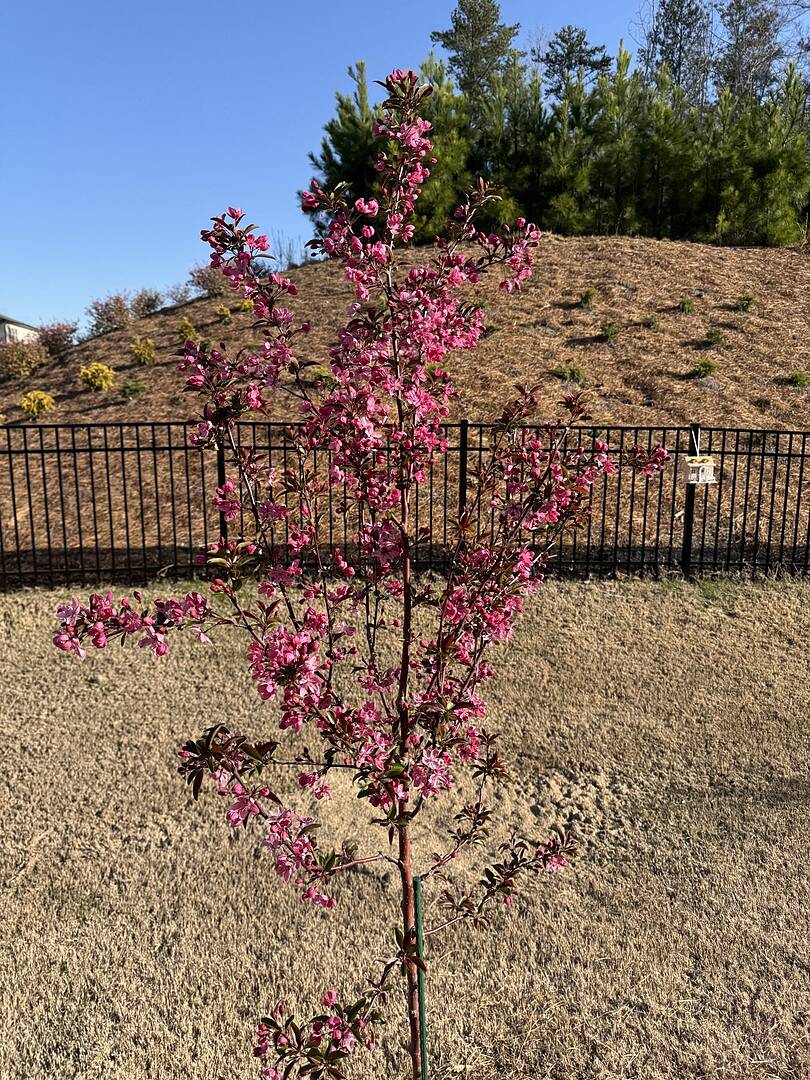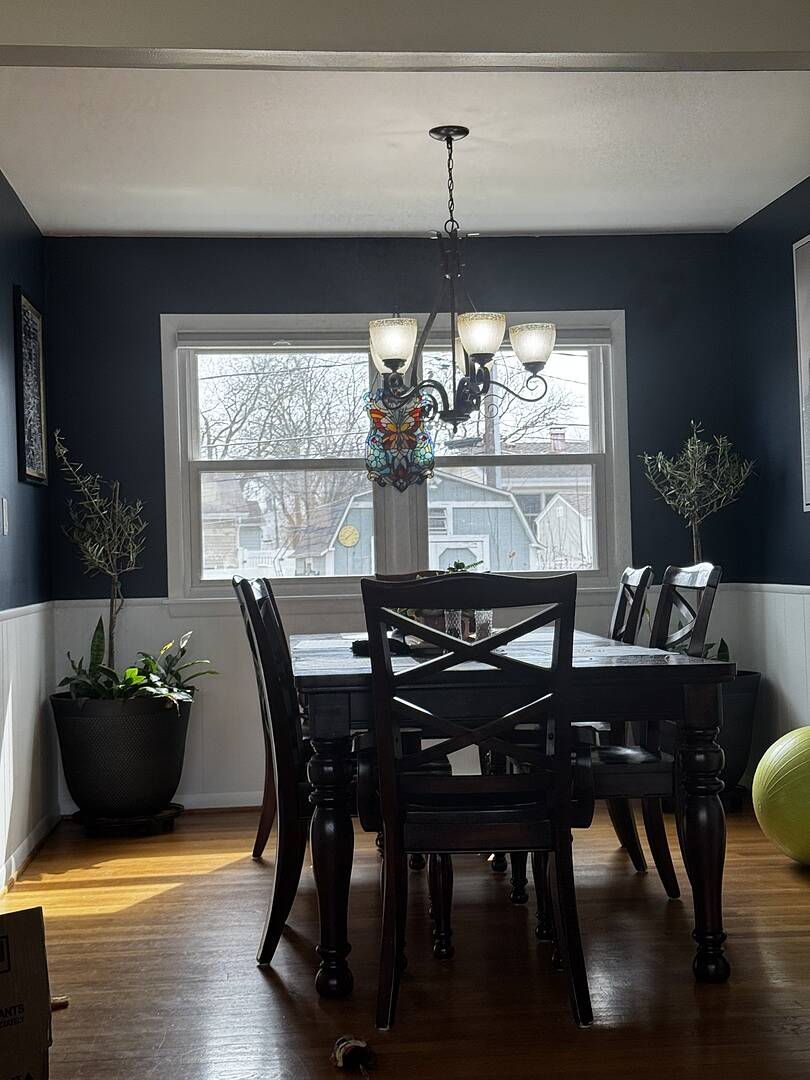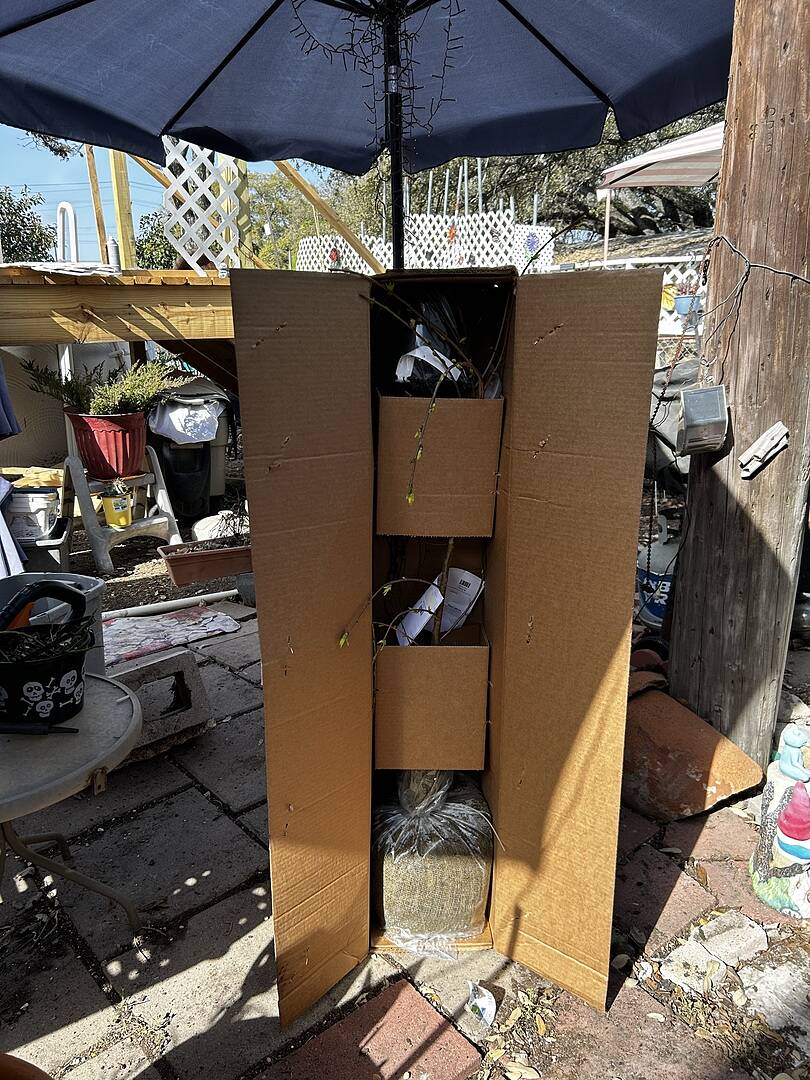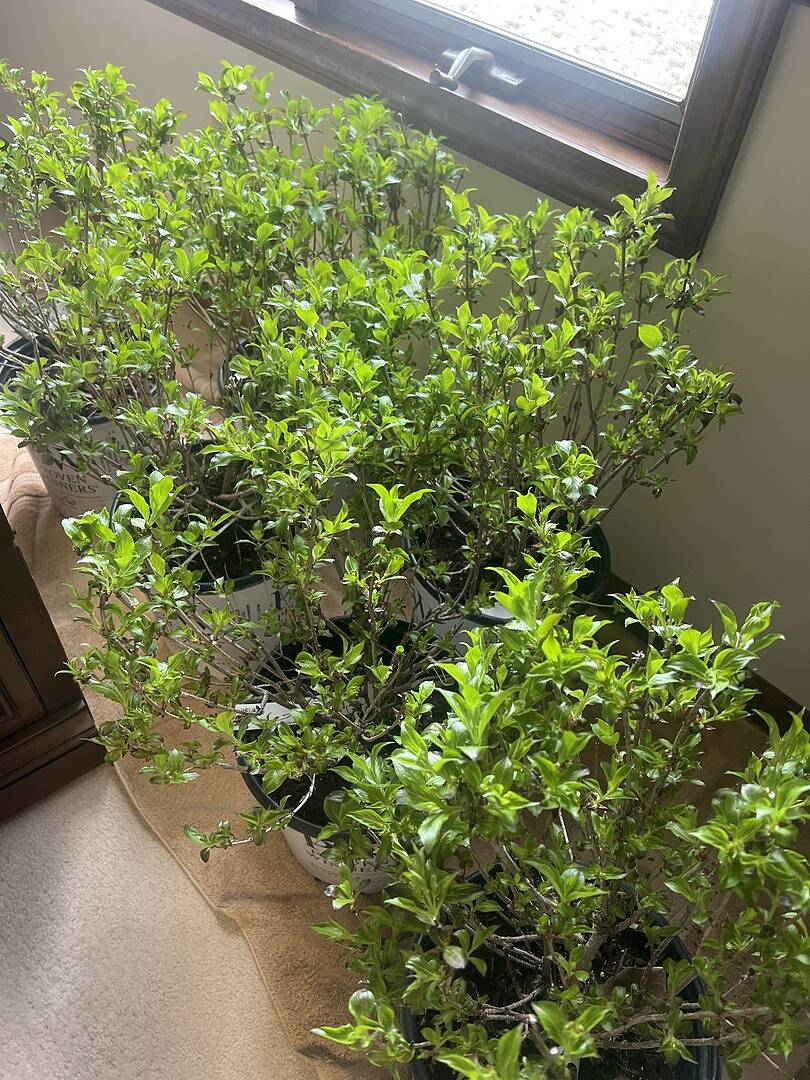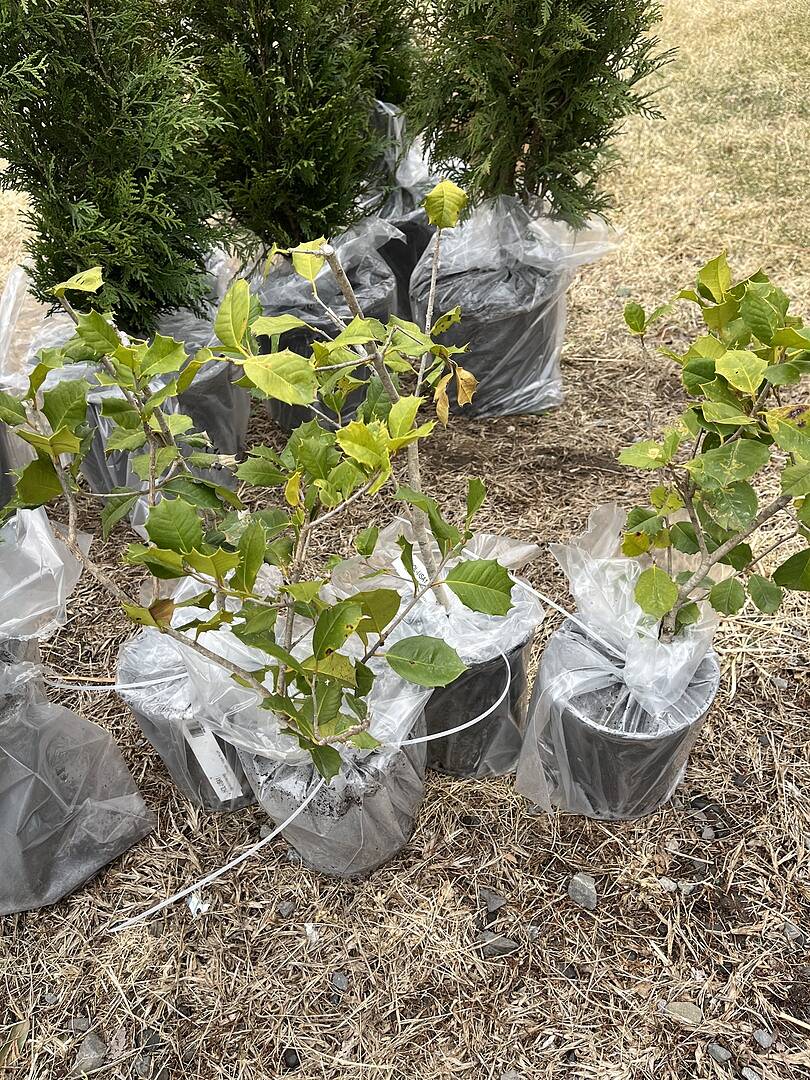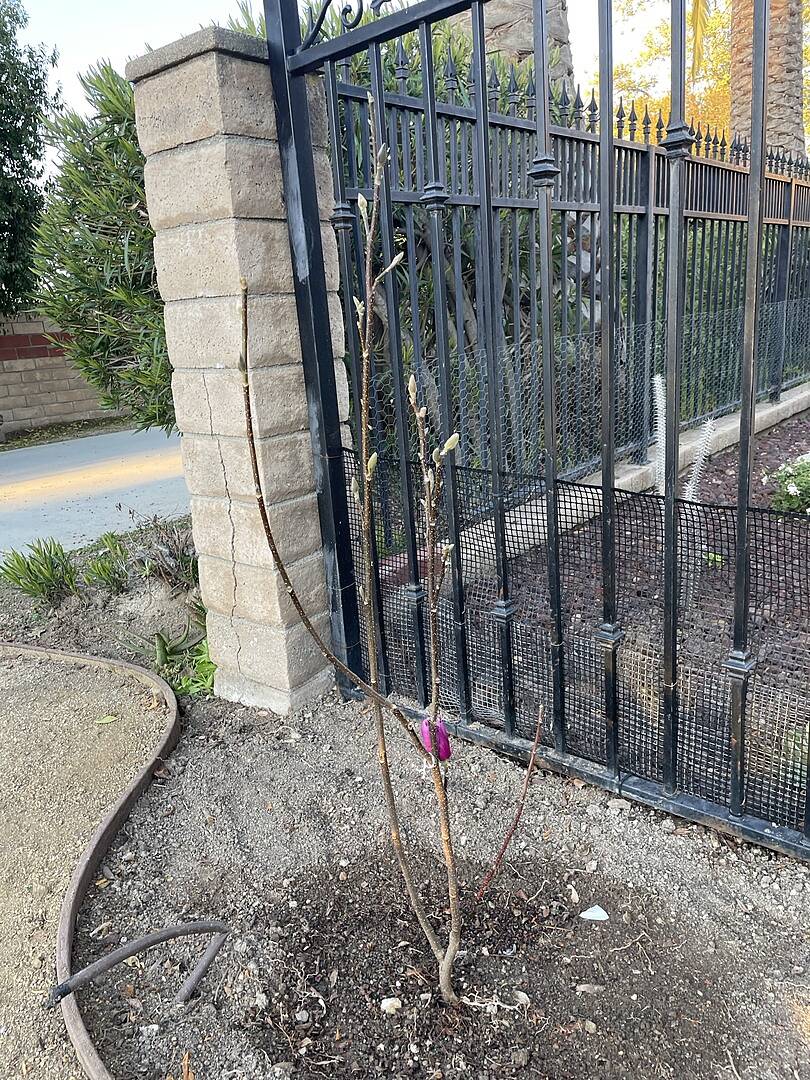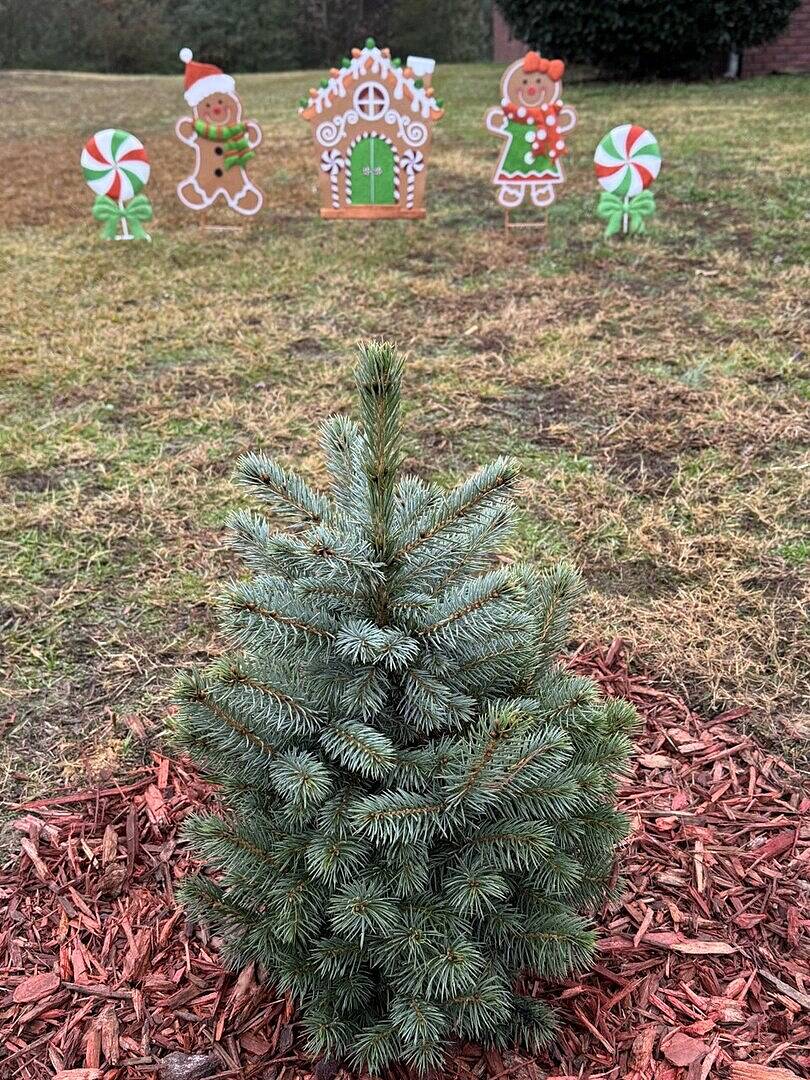New Hampshire Plants
Only items for my growing zone
Zone -
From the rugged terrain of the White Mountains to the lush valleys alongside the Connecticut River, New Hampshire’s stately landscape provides iconic backdrops—and your garden doesn’t have to be any different!
With tons of planting options well-suited for the Granite State, FastGrowingTrees has everything you need to enhance the natural beauty of your residential landscape. Whether you’re looking to increase your privacy or create some shady spots in your garden, our New Hampshire trees will suit your climate and needs.
Varieties of Plants in New Hampshire
New Hampshire natives have homes surrounded by some of the most beautiful landscapes in the United States. A combination of native Birch trees, dense shade trees, and colorful shrubs makes New Hampshire residential landscapes a joy to behold. Wise New Hampshirites will choose landscape trees that adapt well to NH specific soil types.
Wherever your location in the Granite State, from Coos to Rockingham County or Cheshire to Carroll, our tree options provide something for every taste and climate zone throughout the state. Here are some of the trees in New Hampshire landscapers love:
Shade Trees: New Hampshire’s state tree is the Paper Birch. This tree, also known as the American White Birch, is a medium-sized, deciduous tree. Its height ranges up to 60 feet, though in exceptional circumstances it can reach 130 feet. Hardy favorites are the Lombardy and Hybrid Poplar, which make great windbreakers, the colorful Quaking Aspen and our range of red Maples.

Evergreens: Our range of fast-growing evergreens offer privacy, protection from harsh winds, and provide a beautiful solution for marking property boundaries. Choose from the popular Thuja Emerald Green or American Holly. These hardy evergreens will soon form a living wall to protect and enhance your residential property. If you want a tree that is great for planting in rows to form a staunch windbreaker or to increase privacy, check out our Juniper ‘Wichita Blue’. This unusual plant has year-round blue-gray foliage and makes a great hedgerow plant for zones 3-9.
Flowering Trees: If you want to add a splash of color to your yard, our robust Snowball Bush will provide huge clusters of creamy-white flowers from early summer and the Purple Lilac is another colorful hedge option. If you live in New Hampshire’s warmer regions, you can also plant any of our Crape Myrtles and Azaleas.

Fruit Trees: Grow your own delicious crop of organic fruit with one of our classic New England fruit plants. Our best-selling Honeycrisp tree delivers tart, crowd-pleasing fruit or indulge in the productive Sweetheart Blueberry bush. Or if you’re looking for a unique variety you’re not likely to find in the grocery store, try the Arkansas Black Apple. Whatever fruit tree you decide to plant, make sure you understand its pollination needs. Unless you choose a self-fertile fruit tree, your plant will need a companion to produce an ample crop.
Plants and Trees in New Hampshire Care and Growth
Care and maintenance of your New Hampshire plants will ultimately come down to your chosen varieties of trees and the microclimate of your region. But here are some general considerations before you get to digging.
Climate and Planting Zone: New Hampshire’s climate is changeable and has significant variations in both daily and seasonal temperatures. The summer months are cool and short, while the winter season is long and cold. To get the most from your fast-growing trees and shrubs, you will need to choose varieties that can easily adapt to and thrive in zones 3 and 4 (in the northernmost regions) and zones 5 and 6 in the southern regions.
Soil conditions: Marlow is the official state soil of the Granite State. It was officially designated in 1939 and is named after the town of Marlow in Cheshire County. It is a gray, sandy loam and is found throughout most of New Hampshire. This is a great soil for cultivating trees and shrubs.
Short-Growing Season: New Hampshire’s growing season tends to extend from May to October, so make sure to select plants that are cold hardy for the harsh winter weather and prepare your landscape for variable spring and fall weather.
Common Questions about New Hampshire Plants
What plant zone is New Hampshire?
New Hampshire spans several different USDA growing zones—zones 3-4 dominate the northern part of the state, while zones 5-6 extend across the southern parts. Be sure to double-check your area’s specific zone to make sure your plant will thrive.
When to plant in New Hampshire?
Determining the right time to plant in New Hampshire primarily comes down to what you’re planting. Most trees, shrubs, and perennials, will do well to be established in the spring or fall. If spring planting, make sure your last frost has passed!




























